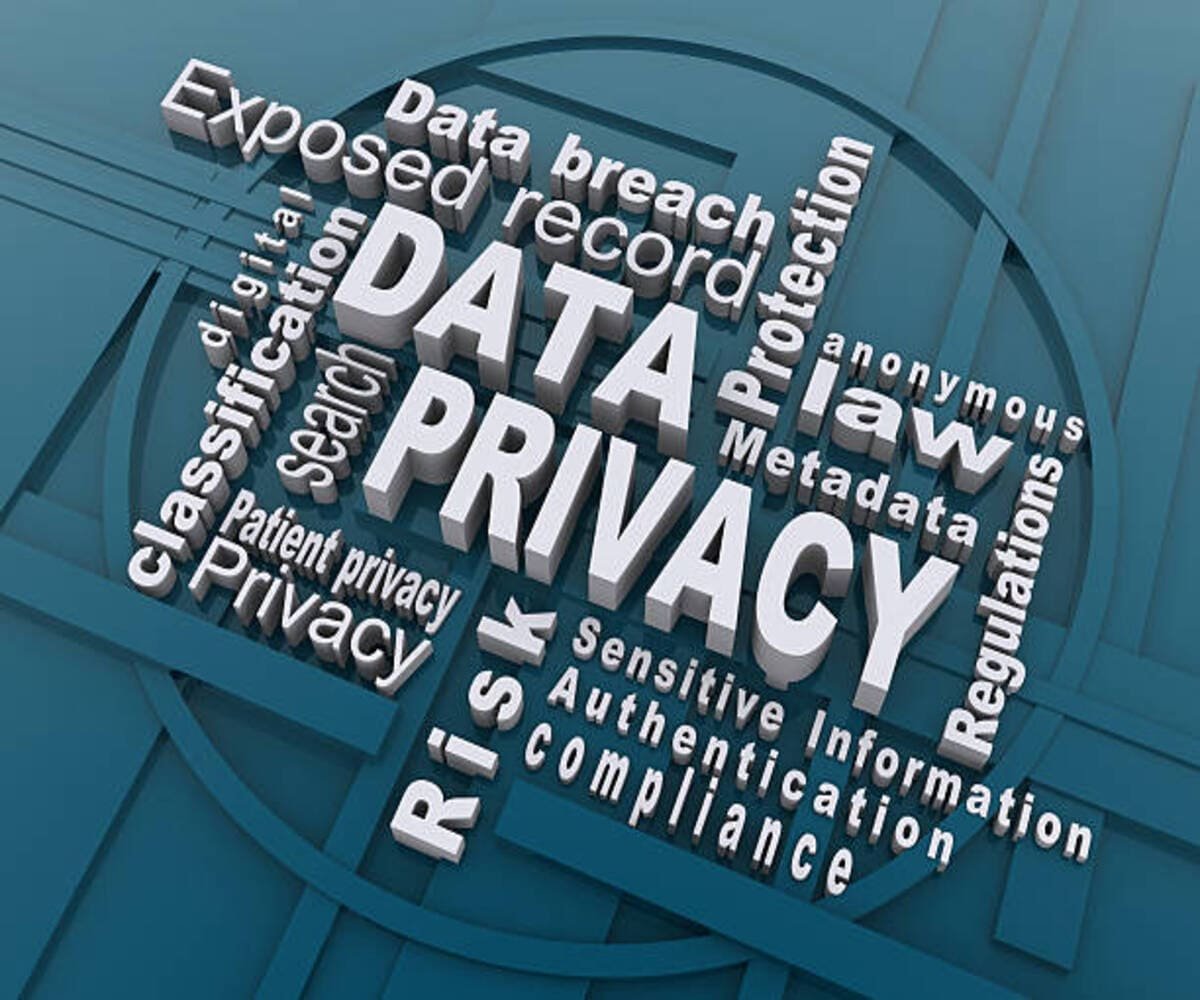In today’s digital age, protecting personal data has become a significant concern for businesses and consumers alike. As more sensitive information is shared online, various data privacy laws have been implemented to protect individuals’ rights and ensure businesses handle personal data responsibly. This article will explore three key data privacy laws that have made a significant impact: the General Data Protection Regulation (GDPR), the California Consumer Privacy Act (CCPA), and the Health Insurance Portability and Accountability Act (HIPAA). Let’s dive deeper into each of these laws and understand their importance.
What is Data Privacy?
Data privacy refers to the responsible handling of personal data to ensure individuals’ rights are protected. It includes practices such as secure data collection, storage, and sharing, ensuring that personal information is only used for its intended purpose. With the exponential growth of data in today’s digital world, safeguarding this information is not only a legal requirement but also a necessity for businesses to build trust with their customers.
General Data Protection Regulation (GDPR)
The General Data Protection Regulation (GDPR) is one of the most comprehensive data privacy laws globally. Enforced by the European Union (EU) in 2018, GDPR aims to protect the privacy and personal data of EU residents. It ensures that businesses treat personal data with respect and transparency.
Key Features of GDPR:
-
Personal Data Definition: GDPR covers any data that can identify an individual, such as names, email addresses, IP addresses, and even location data.
-
Informed Consent: Organizations must obtain explicit consent from individuals before collecting or processing their data.
-
Rights of Individuals: GDPR grants individuals the right to access their data, request corrections, delete information, and transfer their data to another service provider.
-
Breach Notifications: Businesses must report data breaches to the appropriate authorities and affected individuals within 72 hours.
-
Data Protection by Design and Default: GDPR mandates that businesses implement data protection measures from the start of any project, ensuring privacy is maintained by default.
Penalties for Non-Compliance:
Failure to comply with GDPR can result in fines of up to €20 million or 4% of global annual turnover, whichever is higher.
California Consumer Privacy Act (CCPA)
The California Consumer Privacy Act (CCPA), introduced in 2020, is a state-level privacy law in California, USA. It gives California residents greater control over their personal information, particularly regarding how businesses collect, use, and share their data.
Key Features of CCPA:
-
Consumer Rights: California residents can request access to their data, delete it, and opt-out of having their data sold to third parties.
-
Notice of Data Collection: Businesses must inform consumers about the types of data they collect and how they intend to use it.
-
Opt-Out Mechanism: Consumers can opt-out of the sale of their personal data through a “Do Not Sell My Personal Information” link.
-
Non-Discrimination: Businesses cannot discriminate against consumers who exercise their CCPA rights, such as denying them services or charging higher prices.
Penalties for Non-Compliance:
Non-compliant businesses may face fines of up to $7,500 per violation. Consumers may also take legal action if their rights are violated.
Health Insurance Portability and Accountability Act (HIPAA)
HIPAA is a U.S. law designed to protect sensitive health information. It applies to healthcare providers, insurance companies, and healthcare clearinghouses handling protected health information (PHI), ensuring that patient data remains secure and private.
Key Features of HIPAA:
-
Protected Health Information (PHI): HIPAA covers all personal health information, including medical records, billing information, and any data related to an individual’s health.
-
Privacy Rule: This rule ensures that PHI is only shared for specific purposes, such as treatment, payment, and healthcare operations.
-
Security Rule: HIPAA requires that healthcare organizations protect electronic PHI (ePHI) through safeguards such as encryption and access control mechanisms.
-
Breach Notification: If PHI is breached, organizations must notify the affected individuals and the U.S. Department of Health and Human Services (HHS) within a specified time frame.
Penalties for Non-Compliance:
Violations of HIPAA can lead to civil fines of up to $50,000 per violation and criminal penalties, including fines and imprisonment for severe offenses.
Comparing GDPR, CCPA, and HIPAA
| Feature | GDPR (EU) | CCPA (California, USA) | HIPAA (USA) |
|---|---|---|---|
| Scope | Applies to all EU citizens, regardless of where the company is based. | Applies to California residents and businesses that process their data. | Applies to healthcare entities handling PHI. |
| Personal Data Definition | Any data that can identify an individual, such as names, emails, and IP addresses. | Any personal information that can identify an individual. | Health-related information, including medical records and billing details. |
| Rights of Individuals | Right to access, correct, delete, and transfer data. | Right to access, delete, and opt-out of data sales. | Right to access and amend health records. |
| Penalties | Fines of up to €20 million or 4% of global turnover. | Fines up to $7,500 per violation. | Fines up to $50,000 per violation. |
| Breach Notification | Must notify within 72 hours of a breach. | No explicit requirement, but consumers can sue. | Must notify within 60 days. |
Why Data Privacy Laws Matter
Data privacy laws like GDPR, CCPA, and HIPAA are crucial in safeguarding individuals’ personal data in an increasingly connected world. These laws not only help protect consumers but also ensure that organizations handle data responsibly. For businesses, adhering to these laws can prevent hefty fines, protect their reputation, and maintain customer trust. Additionally, data privacy regulations empower individuals to have control over their personal data, fostering a more transparent and accountable digital ecosystem.
Conclusion
As data privacy concerns continue to rise, GDPR, CCPA, and HIPAA serve as essential frameworks that protect personal and sensitive information. By understanding the key provisions of these laws and implementing robust data protection strategies, businesses can ensure compliance, avoid penalties, and maintain their customers’ trust in an increasingly data-driven world.

